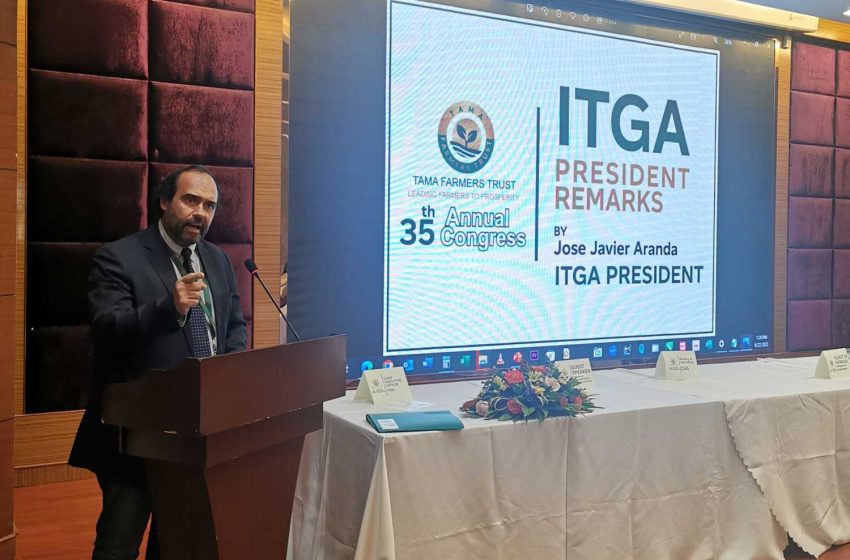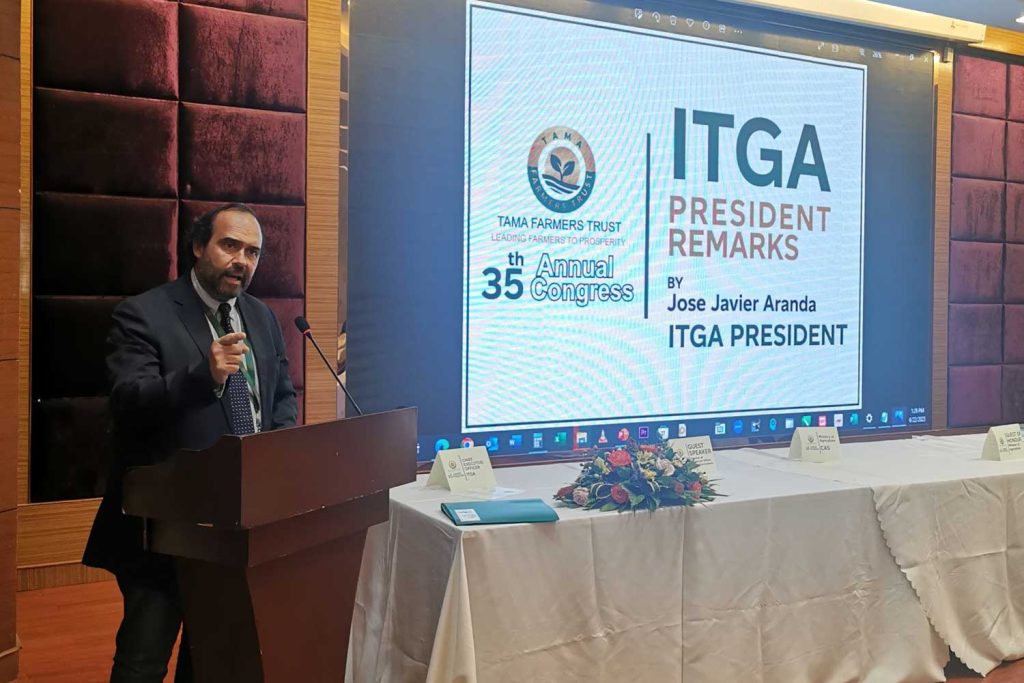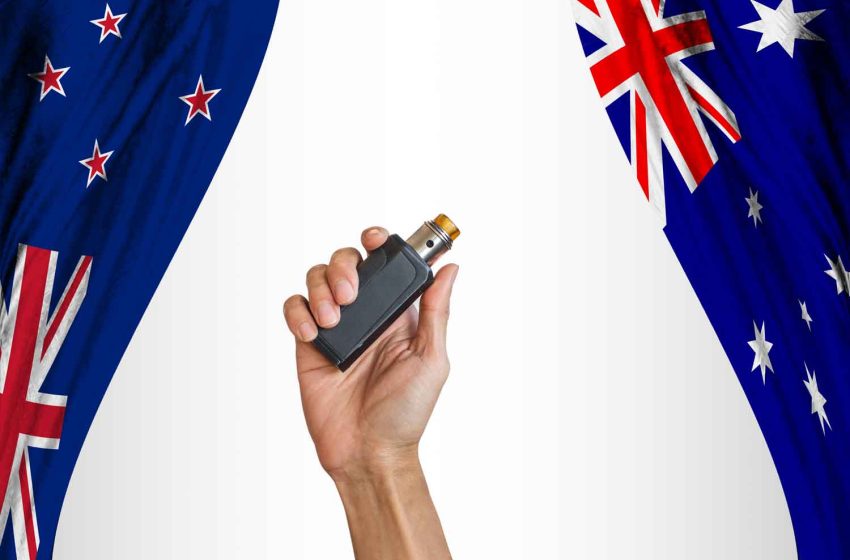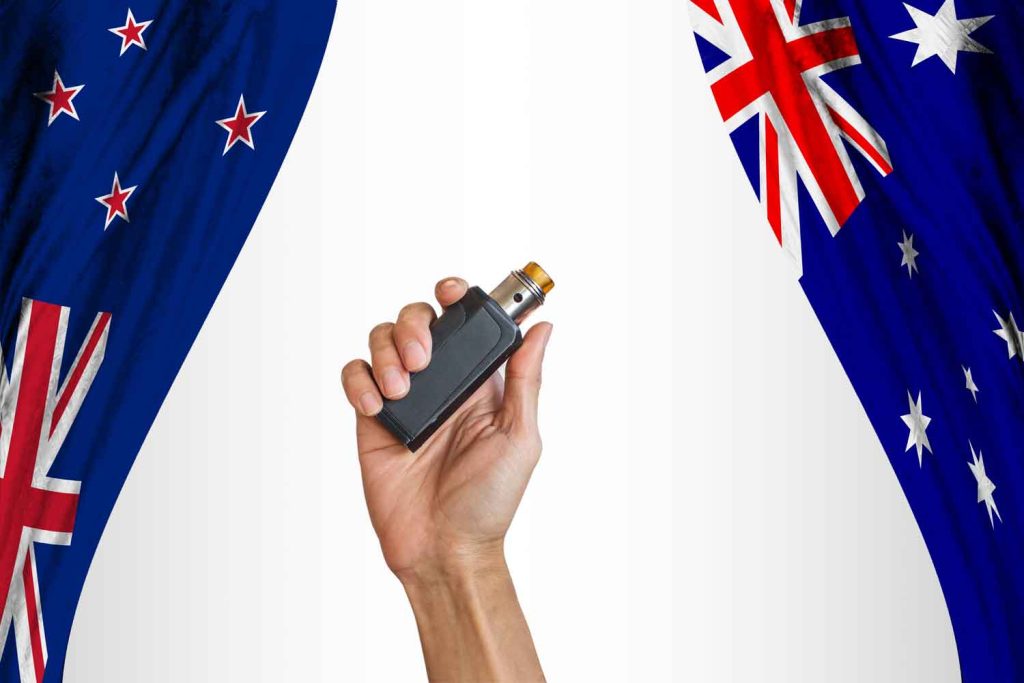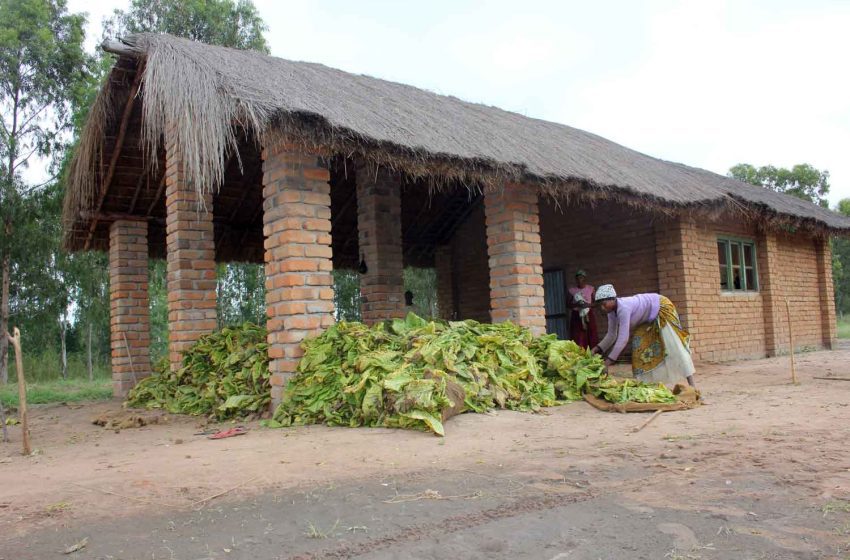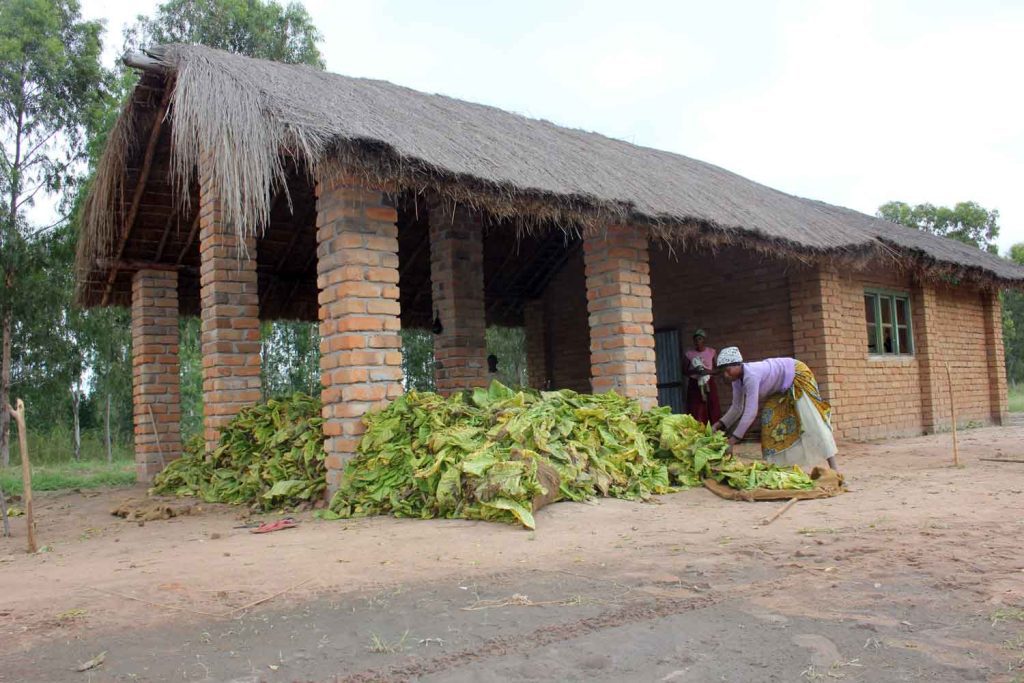During a recent tour of Africa’s leading tobacco growing country’s José Javier Aranda, the president of the International Tobacco Growers Association (ITGA), stressed the importance of sustainability and grower viability.
“Sustainability starts by securing viability to growers; without it, the very pillar of the sector is at risk,” he said.
A fifth-generation tobacco grower in Salta, Argentina, Aranda shared examples to improve social and environmental conditions in tobacco growing that had been successfully implemented in his home country. He cited the contributions of Argentina’s Special Tobacco Fund, which has allowed local growers to remain viable and reinvest in social, economic and environmental initiatives.
As part of his tour, Aranda attended TAMA Farmers’ Trust annual general meeting in Lilongwe, Malawi, which was opened by Malawi’s minister of agriculture, Dalitso Kawale. During the gathering, Aranda stressed the need for governments and grower bodies to work against the demonization of the sector.
Another key point of discussion was the conference of the parties to the World Health Organization’s Framework Convention on Tobacco Control, which will take place in Panama in November (COP10). The ITGA has been campaigning to counter the claims raised by WHO about tobacco farming and about the economic viability of alternatives crops.
“WHO FCTC operates against its own rules of procedure and under Article 5.3 is deliberately excluding the tobacco farmers’ voice and other tobacco sector key players from the discussion,” said Aranda. “This is the main reason why Article 17 (economically viable alternatives to tobacco growing) has not seen any evolution.
“Article 17 has not provided any results in the search of viable alternative crops in the great majority of tobacco growing countries. Growers are already planting complementary crops whenever the conditions are provided. We urge the WHO FCTC to apply a pragmatic approach towards this issue. ITGA and its member associations are ready to cooperate.”
In Harare, Zimbabwe, the ITGA attended the Zimbabwe Tobacco Association’s annual general meeting and conducted its 2023 Africa regional meeting, officially opened by Minister of Agriculture Anxious J. Masuka. Representatives of four leading tobacco-growing countries attended these meetings: Malawi, Tanzania, Zambia and Zimbabwe, while the public session was joined by key partners and stakeholders in the sector.
During the ITGA Africa regional meeting closed session, growers’ representatives presented reports highlighting the key dynamics in their respective markets. Tobacco growers in Malawi have strengthened their efforts in producing a compliant crop, for example, while in Zimbabwe, the current sustainability focus is on curing fuels, agricultural labor practices and traceability.
Earlier in June, ITGA CEO Mercedes Vázquez participated in several events in Tanzania, hosted by Tobacco Cooperative Joint Enterprise. Among other parties, she met Tanzania’s minister of agriculture, Hussein M. Bashe and the Tanzania Tobacco Board.





